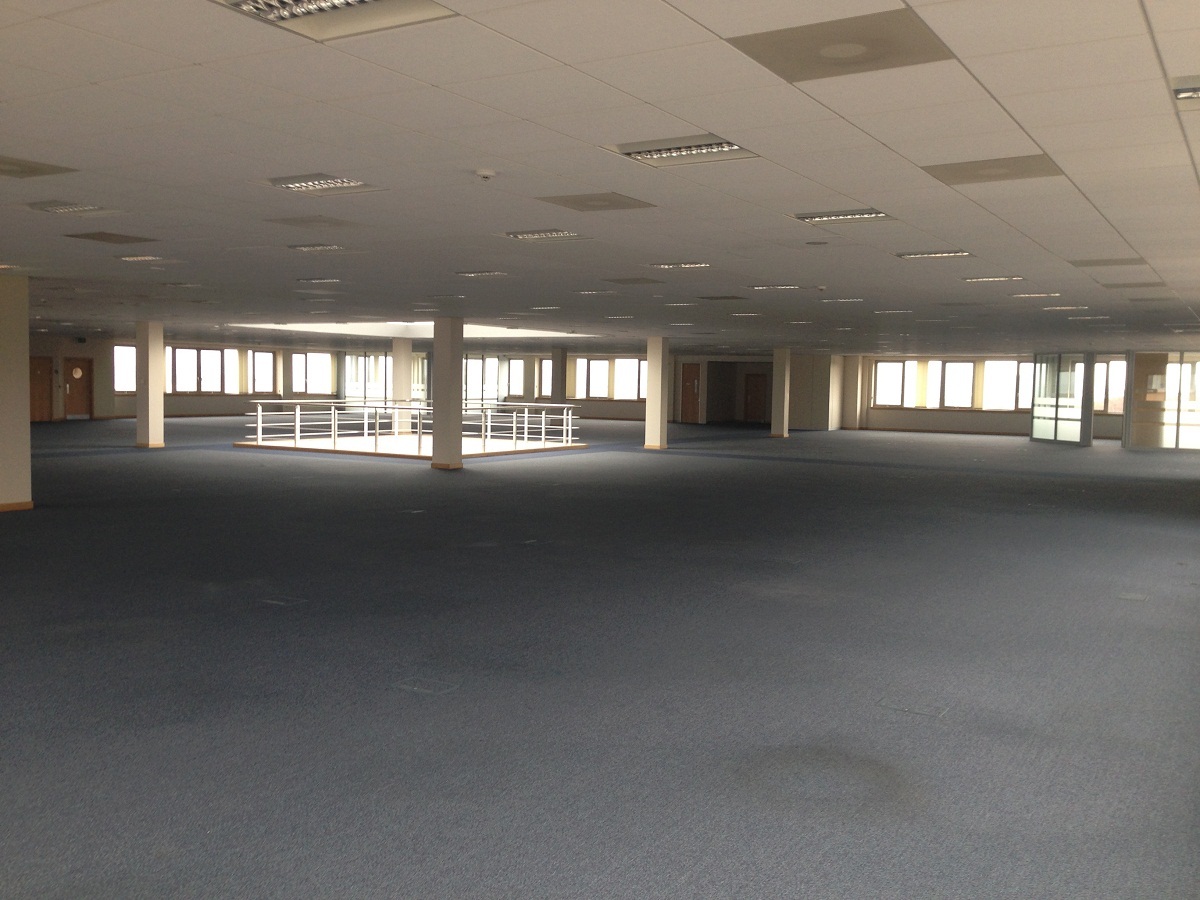
SCOTIA AID has used money meant for frontline council services to net themselves a fortune.
According to the charity’s latest accounts, £153,000 of its income last year came from individual donations, but almost 90% was from firms associated with property.
Last year, 27 different organisations or landlords paid Scotia Aid £867,017.
Scotia Aid uses its charitable status to reduce the rates bills of firms saddled with empty warehouses and shops.
It’s a mutually beneficial move as landlords have been made to stump up business rates even for empty properties.
It used to be the case that if a commercial premises became empty the owner was entitled to a rates holiday and then a reduced tariff of 50% on business rates on the property.
But in 2008, the UK rules were changed and the reduction scrapped, although there is still a small discount available to businesses in Scotland and Northern Ireland.
However, the changes left one notable beneficiary charities were able to qualify for a reduction of up to 100% on the empty buildings.
It led to an explosion of businesses cutting deals with charities to take on their empty warehouses. In return many got a sizeable donation.
It’s an alleged “scam” that could potentially be costing councils millions.
Former charity founder turned whistleblower Jackie Douglas claims Scotia Aid has exploited the law to make themselves rich.
She alleges the organisation employs staff to source empty warehouses. They then offer to take on the management of the properties from the firms which own them in return for a slice of any tax savings the companies make.
Her claims are backed up by Bobby Florence, another former Scotia Aid employee. Scotia Aid insists it uses the warehouses it manages to store supplies and furniture intended for Sierra Leone.
But Jackie and Bobby claim the buildings often remain empty.
Jackie said: “We would tell the council we were storing furniture. But in reality there would be nothing.
“We’d occasionally store a few chairs, which we would get from schools for free.”
She claims if Scotia Aid believed a visit from the authorities was imminent, furniture would be moved into the space.
“We got huge donations for doing nothing. It’s a total scam,” she said.
According to freedom of information returns, Scotia Aid has applied for rates relief on properties at least 37 times since 2010.
The applications have been made to Dundee City Council, Glasgow City Council, South Lanarkshire Council and North Lanarkshire Council.
In a separate twist, the charity last month attempted to take over all 22 empty shops in Cumbernauld town centre.
It told officials at North Lanarkshire Council it wanted to “store office and school furniture en-route to Sierra Leone”.
But when the authority wrote back to Scotia Aid saying it wanted to inspect the properties individually, the charity said it no longer wanted to take over the buildings.
The council has since sent another letter requesting an explanation for the aborted move.
It has also said it is concerned about the “abnormal” business rates relief applications Scotia Aid has made.
A council insider told our investigator its inspectors have visited some of Scotia Aid’s properties only to find them empty.
He said they were told by the charity the material usually stored there was in a container pending shipment but were unable to produce any paperwork supporting their claim.
A spokesman for North Lanarkshire Council said he “would expect OSCR to take action” against any charity that was deemed to be conducting business activities in a manner that would conflict with the ethical objectives of their remit and suspend the registration pending a full investigation.
The properties Scotia Aid is currently in receipt of rates relief on includes offices and small flats. One, in Blantyre near Hamilton, is liable for a £186,000-a-year in business rates.
But since 2011 South Lanarkshire Council has received nothing in respect of the 15,000-square foot space.
Scotia Aid claims it uses the premises for charitable activities.
However, our reporter has visited it on numerous occasions, each time finding it empty.
Staff working in other parts of the building also said they had never seen furniture being moved there or taken away.
South Lanarkshire Council has now launched a full investigation into Scotia Aid.
A spokesman said: “We would like to thank The Sunday Post for passing us on this information. “It would be inappropriate to comment further until a detailed investigation has been carried out.”
The charity has applied five times to Dundee City Council for rates relief. It was successful on one occasion but the deal was later scrapped by the council.
Glasgow City Council has received eight applications for rates relief from Scotia Aid.
A spokesman said: “Scotia Aid has claimed rates relief on a number of properties in Glasgow at various times since 2011.
“We are investigating the validity of those claims in light of information supplied by The Sunday Post. “It would be inappropriate to comment further at this stage.”

Enjoy the convenience of having The Sunday Post delivered as a digital ePaper straight to your smartphone, tablet or computer.
Subscribe for only £5.49 a month and enjoy all the benefits of the printed paper as a digital replica.
Subscribe